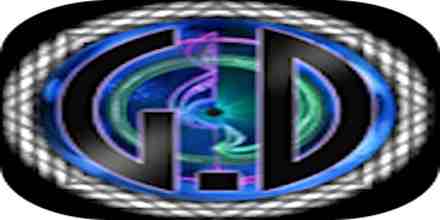Dark wave is a genre of music that emerged in the late 1970s and early 1980s, characterized by its atmospheric, melancholic sound and often introspective lyrics. Rooted in the post-punk movement, dark wave blends elements of gothic rock, new wave, synth-pop, and industrial music to create a unique sonic landscape that is both haunting and captivating.
The genre's origins can be traced back to the experimental and innovative bands of the late 1970s, such as The Cure, Siouxsie and the Banshees, and Joy Division. These artists laid the groundwork for dark wave by incorporating darker themes and more introspective lyrics into their music. However, it was bands like Bauhaus, with their seminal track "Bela Lugosi's Dead," that truly defined the sound of early dark wave.
Dark wave is often characterized by its use of synthesizers, drum machines, and atmospheric guitars to create a sense of foreboding and mystery. The vocals in dark wave songs are typically ethereal and haunting, often delivered in a whispered or spoken style. Lyrics frequently explore themes of love, loss, despair, and the supernatural, adding to the genre's moody and introspective atmosphere.
One of the key features of dark wave is its emphasis on mood and ambiance over traditional song structures. Many dark wave tracks are instrumental or feature minimal vocals, allowing the music itself to take center stage. This focus on atmosphere has led to a wide variety of sub-genres within dark wave, including ethereal wave, which emphasizes dreamy and otherworldly sounds, and coldwave, which features harsher, more industrial elements.
Some of the most influential bands in the dark wave genre include Dead Can Dance, known for their blend of world music and electronic sounds; Cocteau Twins, whose ethereal vocals and guitar textures have made them a staple of the genre; and The Birthday Party, who combined post-punk energy with dark, surreal lyrics. These bands, along with many others, have helped to shape the sound of dark wave and inspire countless artists in the decades since its inception.
Throughout the 1980s and 1990s, dark wave continued to evolve and diversify, incorporating influences from a wide range of musical styles. In recent years, there has been a resurgence of interest in the genre, with new bands emerging and older ones re-releasing their classic albums. This renewed interest has helped to introduce dark wave to a new generation of listeners and ensure its enduring legacy.
Dark wave's impact on popular culture is undeniable, influencing not only music but also fashion, film, and literature. Its unique sound and aesthetic have inspired countless artists across various mediums, from the gothic fashion trends of the 1980s to the dark, atmospheric soundtracks of modern horror films. Whether you're a longtime fan or a newcomer to the genre, there's always more to discover in the hauntingly beautiful world of dark wave music.
 Germany Dark wave
Germany Dark wave 254
Dark wave
254
Dark wave